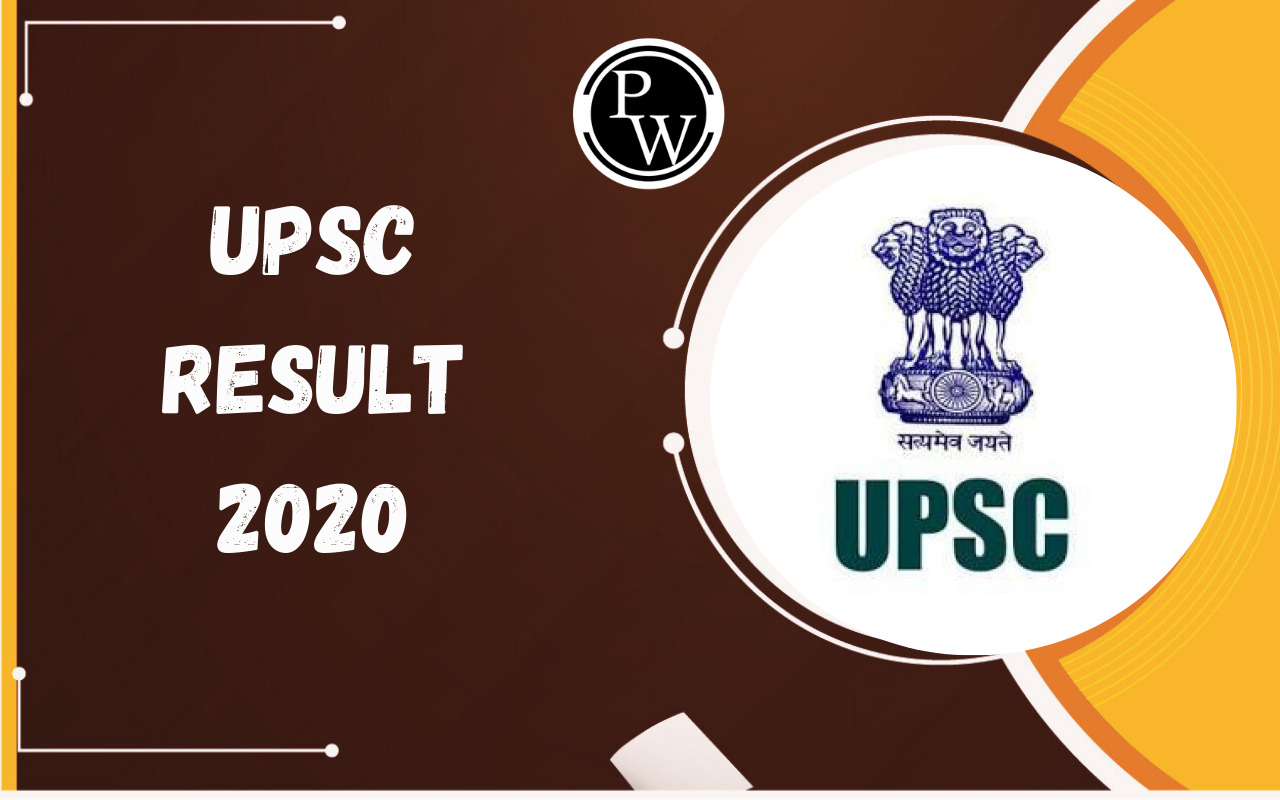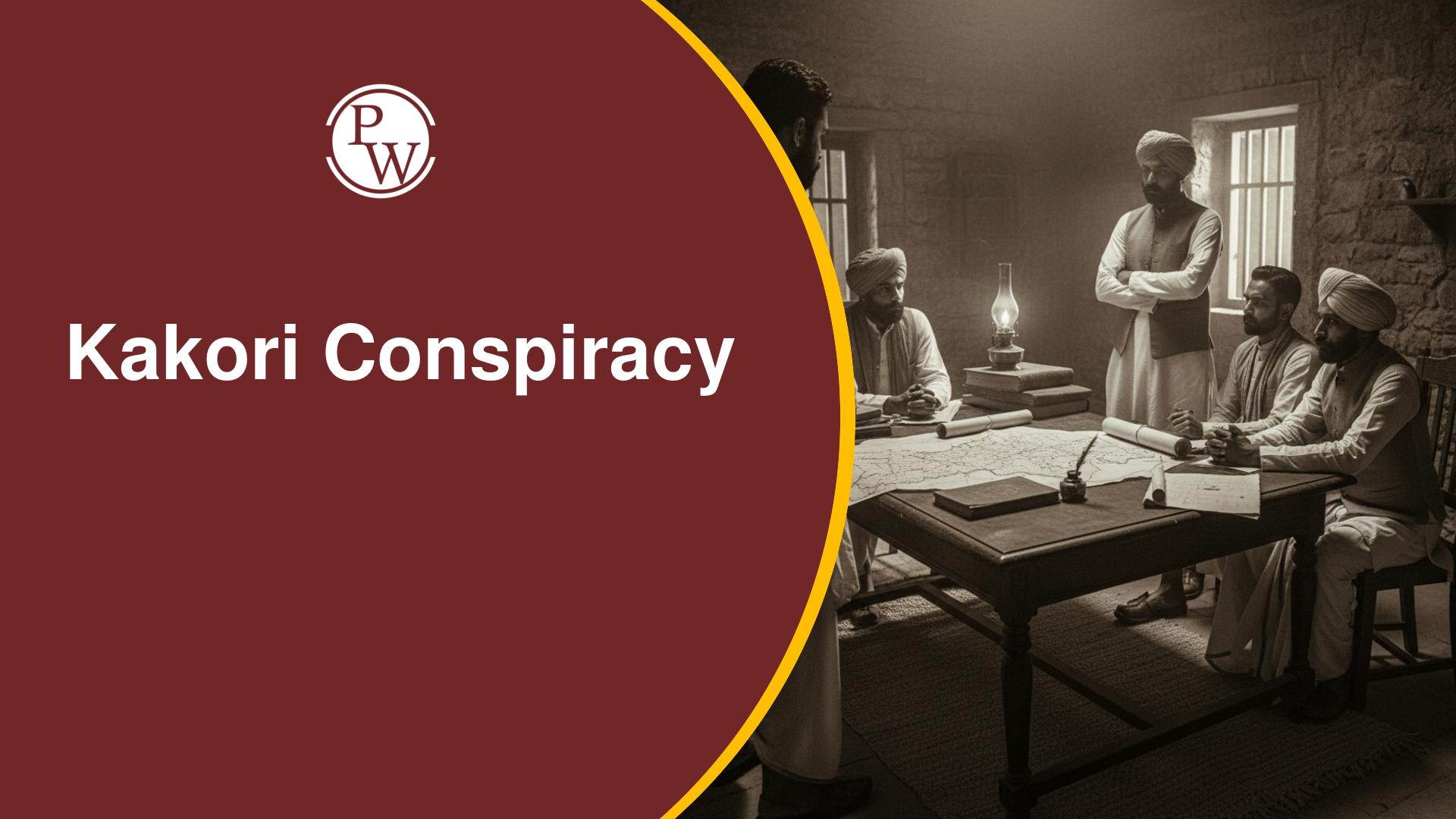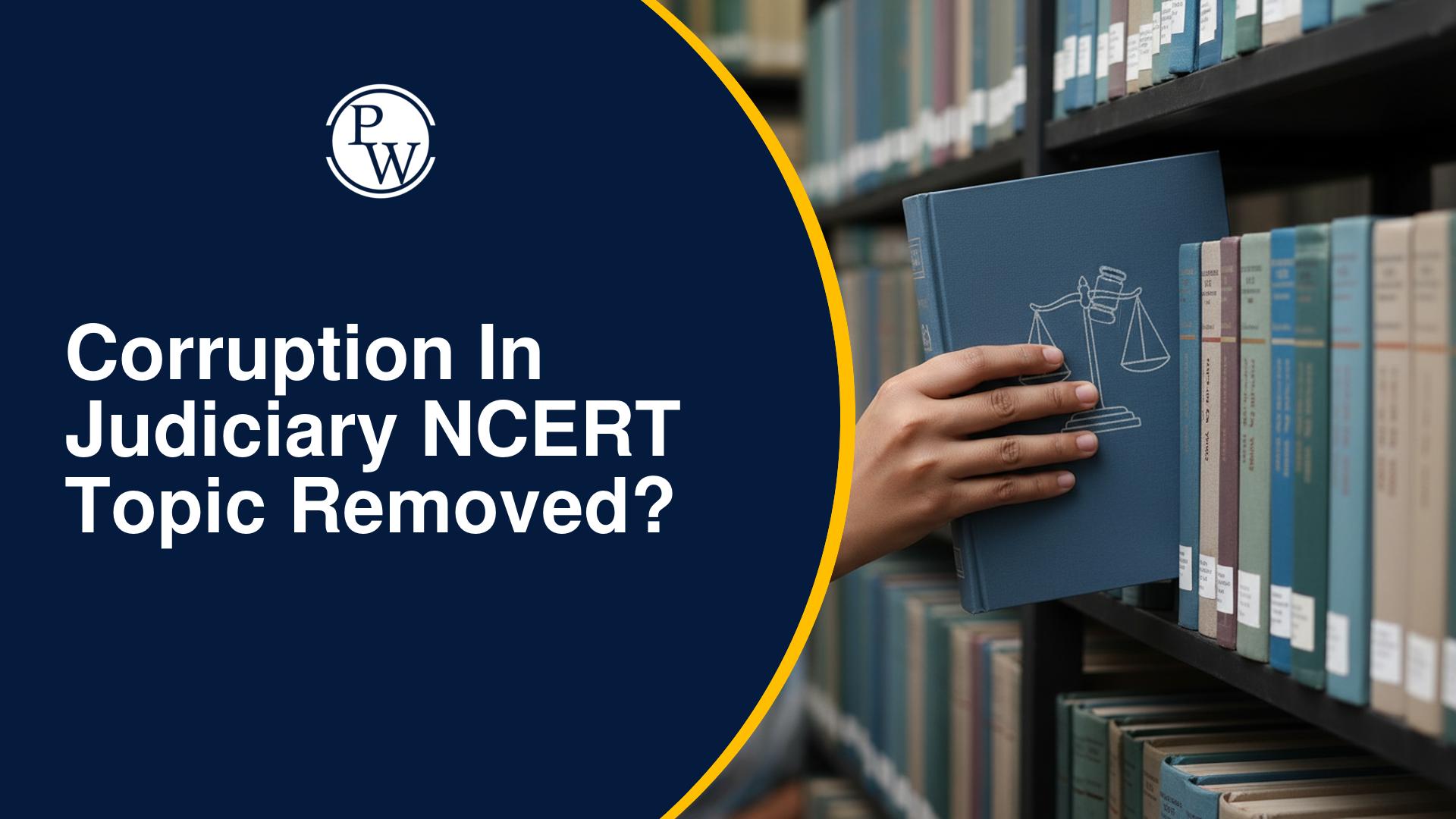
India celebrates two important national days every year 15 August and 26 January. While 15 August marks Independence Day, celebrating India’s freedom from British rule in 1947, 26 January is Republic Day, commemorating the adoption of the Indian Constitution in 1950.
While both days are very important and mark freedom, they celebrate different milestones in the nation's history. Understanding the difference between 15 August Vs 26 January is important for every student.
15 August vs 26 January The Core Difference in Significance
The main difference between these two days lies in the historical event they celebrate:
15 August vs 26 January The Core Difference in Significance |
||
|
Aspect |
15 August (Independence Day) |
26 January (Republic Day) |
|
Historical Event |
India gained freedom from British rule in 1947. |
The Constitution of India officially came into effect in 1950. |
|
Significance |
Marks the end of British colonial rule and the dawn of political freedom. |
Marks the establishment of India as a sovereign, democratic republic, governed by its own Constitution. |
|
First Celebration |
1947. |
1950. |
Difference between 15 August and 26 January Flag Hoisting Ceremony
Another key distinction between the two national days is the flag ceremony. The practice is different on these two days, which is a common point of confusion for students. This is often called the 26 January and 15 August flag hoisting difference.
Flag Hoisting (15 August)
On Independence Day, the process is called Flag Hoisting also known as Dhwaaj-Aarohan.
-
Who does it? The Prime Minister of India hoists the flag.
-
Where is it done? The ceremony takes place at the Red Fort in New Delhi.
-
How is it done? The national flag is initially tied at the bottom of the flagpole. The Prime Minister pulls the rope to raise it to the top before unfurling it.
-
Why is it done this way? This action symbolises the rise of a new, free nation after years of colonial rule.
Flag Unfurling (26 January)
On Republic Day, the process is called Flag Unfurling also known as Jhanda Fehrana.
-
Who does it? The President of India unfurls the flag.
-
Where is it done? The main ceremony is held at the Kartavya Path formerly Rajpath in New Delhi.
-
How is it done? The national flag is already tied and folded at the top of the flagpole. The President pulls the string, and the flag simply opens up without being raised.
-
Why is it done this way? This symbolises that India was already independent when the Constitution was adopted. The act represents the nation's commitment to its established constitutional values.
Which is More Important, Independence Day or Republic Day?
Both Independence Day and Republic Day are equally important national festivals, but they celebrate different types of freedom:
-
15 August (Independence Day) celebrates Political Freedom. It honors the sacrifices of the freedom fighters who helped India break free from foreign rule. It marks the day India got the right to govern itself.
-
26 January (Republic Day) celebrates Constitutional Freedom and Sovereignty. It marks the day India gave itself the rules and laws (the Constitution) to ensure justice, equality, and liberty for all its citizens.
15 August Vs 26 January FAQs
What is celebrated on 15 August in India?
What is the difference between August 15 and January 26?
What is the difference between flag hoisting of 15 August and 26 January?
Which is more important, Independence Day or Republic Day?

UPSC Coaching









